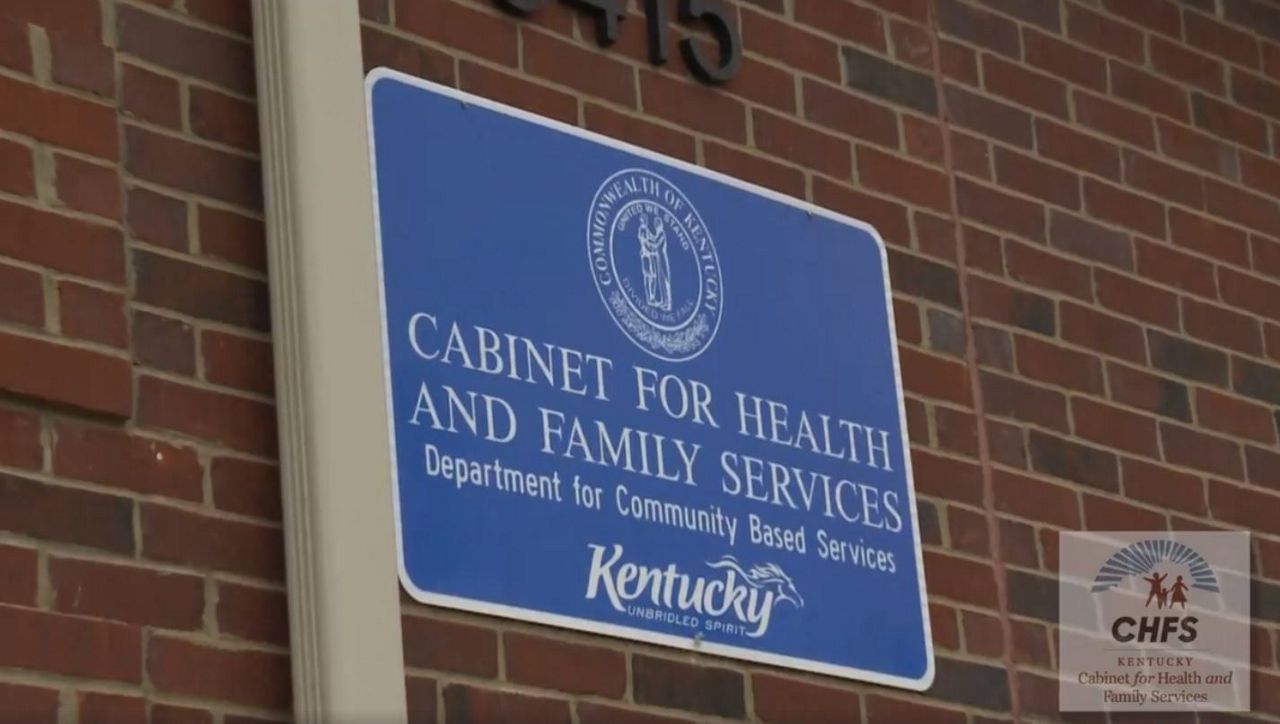LOUISVILLE, Ky. — Social workers in Kentucky are overworked, underpaid, and reeling from the challenges of a vital and overlooked job, according to employees of the state’s Department for Community Based Services (DCBS).
Now, they’re calling on the state to provide raises and other financial benefits to boost their ranks and ensure that the neediest people get the services they require.
“No one goes into the field of social work saying, ‘I’m going to get paid’,” said Marcella Nelson, who works with families coping with substance abuse. “But no one can really imagine not being able to feed their own family.”
The low pay — Kentucky’s social workers start at roughly $34,000 a year — and other stressors have led to a mass exodus from DCBS this year. At a legislative hearing in October, deputy commissioner Lesa Dennis said nearly 650 people left the department in the first nine months of 2021.
The subsequent staffing shortage is increasing workloads for those who have stayed around, who are typically less experienced than those able to leave for better paying jobs. The average caseload per social worker in September was 26, which Dennis called “way too high.” In Jefferson County, the number was nearly double, at 47. In Warren County, it was 43. In Fayette County, 39.
When caseloads rise and workers get overloaded, they have to make choices, said Shawnte West, who supervises social workers and clinicians that recruit foster and adoptive homes.
“We’re having to bend things a little bit and just see the most serious cases,” she said. That means people who need help getting connected to SNAP or medical benefits may be left behind.
It also increases the time it takes for workers to address even the most pressing issues in a state where there are no shortage of them.
“Kentucky's already at the top of the list for the third year in a row of child abuse and neglect,” West said. “And we're high in fatalities and near fatalities. That's only going to occur more often when we don't have the workers.”
At the October legislative hearing, DCBS commission Marta Miranda-Straub pointed to low pay as the primary reason why social workers are leaving jobs with the state. “Our staff has a lot more opportunity to work at a box store, or as a bartender making a lot more money than what they make working with the highly traumatized and demanding caseloads that we have,” she said. Some DCBS employees are paid so little they relay on the same social safety net that they work to connect clients with.
To correct this, West and many of her colleagues are calling on the General Assembly to provide a 12% pay increase in next year’s budget. She would also like to see hazard pay and changes to the hiring process to bring new workers on board more efficiently. Gov. Andy Beshear has signaled his support for the pay raise, saying last month that “our social workers need a big bump” in salary.
While low pay is the primary factor driving social workers away from DCBS, it’s not the only reason they're fleeing. At the October hearing, Miranda-Staub said the typical front-line advocate lasts 18 months due to factors, including toxic stress and burnout.
“Our folks are continuously exposed to multiple traumatic events — the kind of things that none of you want to talk about and nobody wants to see,” Miranda-Staub said in October.
A member of Nelson’s team recently experienced one of these events. The worker was home on the weekend when they saw a news story about a toddler, whose family they were working with, accidentally shot himself.
“It’s traumatizing,” Nelson said. “It stops your weekend. You immediately rush out, because that's the family you've worked with for so long, to figure out what happened.”
“I know several individuals that have left the agency because of their own mental health status,” she added.
Personal safety can also be at risk. “One staff member had a gun held to their head,” West said. That’s why she’s now pushing for social workers to receive hazard pay, recognizing the inherent danger of their job. “We’re dealing with the same people that police do,” West said.
But it’s not all danger and stress for social workers. West describes many of the people she helps as those who are often “overlooked or have a different capacity for being able to care for themselves.”
“We're trying to make sure that everyone is safe and taken care of,” she said. And while that job has its challenges, there is an upside.
“The reward of seeing families come back together, to see families be grateful for benefits that help them push forward, to see a family walk into brand-new housing after recovery — it’s a rewarding process,” Nelson said.



